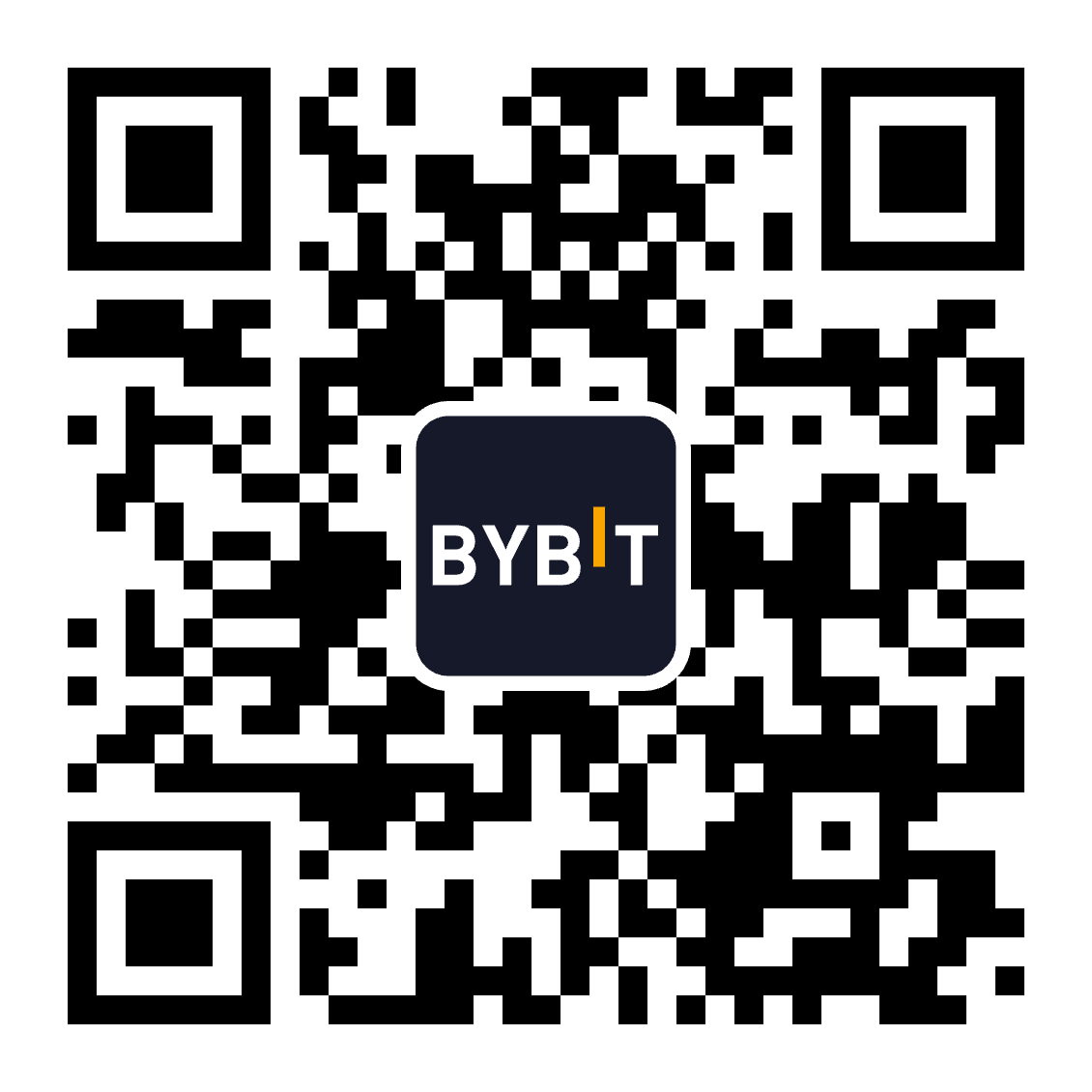What is OpenSea? Discover the World's Greatest NFT Marketplace
Show More
Quickly grasp the article's content and gauge market sentiment in just 30 seconds!
Dive into the world of non-fungible tokens (NFTs) and discover what is OpenSea, the world’s largest NFT marketplace that has revolutionized the way digital assets are bought, sold, and traded. Whether you’re a seasoned NFT enthusiast or a curious newcomer, this comprehensive guide will unravel the intricacies of what is OpenSea, its founders’ pioneering vision, and how it has grown into a thriving platform for millions of users. So get ready to explore the endless possibilities of NFT trading and creation, and embark on an exciting journey through the world of what is OpenSea.
Key Takeaways
OpenSea is a comprehensive platform for NFT transactions on the Ethereum and Polygon networks.
It offers an intuitive marketplace with support for various categories, low fees, blockchain integration & multichain support.
Users can create, purchase and sell their own NFTs while gaining insights into market trends via analytics tools.
Understanding OpenSea: A Comprehensive Overview
Established in 2017, OpenSea has rapidly evolved into the world’s most extensive NFT marketplace, serving as a user-friendly platform for the trade, purchase, and sale of digital assets. It offers a diverse range of NFT categories, including:
Art
Music
Virtual worlds
Domain names
Collectibles
Built on the Ethereum network and integrated with the Polygon blockchain, OpenSea ensures seamless transactions with reduced fees, making it a popular choice for NFT enthusiasts.
OpenSea’s intuitive interface simplifies the process of creating NFTs for users, while developers can utilize the platform to build customized NFT marketplaces for various purposes such as in-game items, crowdfunding initiatives, and utility NFT distribution.
The Founders and Vision of OpenSea
Driven by the ambition to develop open protocols enabling developers and users to create open economies across games, platforms, and digital worlds, Alex Atallah and Devin Finzer founded OpenSea in 2017. They identified a need for NFT collectors to safely trade their digital assets, and thus, the world’s largest NFT marketplace came into existence.
Today, OpenSea embodies their vision of an all-encompassing platform for digital asset transactions, including digital currency.
Growth and Popularity
OpenSea’s meteoric rise is evident in its impressive growth, boasting:
Over 2.4 million active users
Billions in market volume
In August 2021 alone, the platform experienced a staggering trading volume of over $3.5 billion in NFTs.
The platform’s quick expansion, powered by its accessible interface and various NFT categories, has positioned OpenSea as a preferred destination for global NFT enthusiasts.
Exploring the OpenSea Platform
The platform of OpenSea presents an intuitive marketplace for users to delve into and uncover NFTs. With various filters and search options, users can easily find and browse through NFT collections spanning a wide range of categories, such as:
Art
Music
Virtual worlds
Collectibles
Domain names
Sports
Trading cards
Memes
When searching for a new home, it’s essential to consider not only the house itself but also other properties in the neighborhood to ensure you’re making the best investment.
Navigating the Marketplace
Finding the perfect NFT on OpenSea is a breeze, thanks to the platform’s user-friendly navigation. Users can easily sort NFTs by applying filters such as price range, collection, rarity, and more. OpenSea’s marketplace also provides several categories for filtering, including art, music, domain names, virtual worlds, trading cards, collectibles, sports, and utility.
Supported NFT Categories
OpenSea accommodates a wide spectrum of NFT enthusiasts with its support for various NFT categories, such as art, music, collectibles, virtual lands, and sports assets. Some of the most popular NFT categories on OpenSea are Profile Picture (PFP) collections, including Bored Ape Yacht Club (BAYC), CryptoPunks, Pudgy Penguins, Meebits, and Cool Cats.
Creating, Buying, and Selling NFTs on OpenSea
OpenSea enables users to effortlessly:
Create, purchase, and sell NFTs
Mint their own NFTs
Purchase unique digital assets
Sell their creations to a global audience
With the platform’s simple and straightforward processes, users can easily engage in the world of NFTs.
OpenSea offers various sale types and auction options, catering to the diverse needs of its users.
Minting Your Own NFTs
Learning how to create NFTs on OpenSea is as simple as constructing an NFT collection and uploading digital files in accepted formats. With just a few clicks, users can mint their unique digital assets and showcase them to a worldwide audience.
Purchasing NFTs
Buying NFTs on OpenSea is a seamless process. Here are the steps:
Connect a compatible crypto wallet.
Fund the wallet with a supported cryptocurrency.
Choose between the “Buy Now” or “Make Offer” options when selecting an NFT.
OpenSea’s user-friendly interface makes it easy for users to discover and purchase their desired NFTs.
Selling NFTs
Selling NFTs on OpenSea is equally straightforward. Users can navigate to their collection, select the NFT they wish to sell, and choose between listing it as an auction or a fixed sale. OpenSea charges a fee of 2.5% for each transaction, ensuring a fair and competitive marketplace for all users.
Blockchain Integration and Multichain Support
By integrating with multiple blockchains like Ethereum and Polygon, OpenSea assures seamless transactions and minimized fees for its patrons. The platform’s multichain support enables users to access a diverse range of NFTs, promoting a more inclusive and thriving NFT ecosystem.
Ethereum Network
Built on the Ethereum network, OpenSea utilizes the Wyvern Protocol for smart contracts, enabling secure and decentralized NFT transactions. Ethereum’s features that make it an ideal choice for developers and businesses include:
Programmability
Security
Decentralization
Scalability
Ethereum serves as the foundational blockchain infrastructure for OpenSea.
Polygon Integration
OpenSea’s integration with Polygon offers users:
Faster and cheaper NFT transactions compared to Ethereum
Seamless cross-chain asset trades
Interoperability
An efficient purchasing and minting experience for Polygon NFTs
While Polygon may lack the same level of familiarity within the NFT market as Ethereum, its benefits in terms of transaction speed and reduced fees make it an increasingly popular choice for NFT enthusiasts.
Wallet Compatibility and Security
OpenSea maintains compatibility with a variety of crypto wallets, facilitating easy connection and management of NFTs for users. The platform emphasizes security measures to protect users’ assets, offering valuable advice on best practices and precautions to maintain the safety of digital wallets and transactions.
Supported Wallets
OpenSea supports an array of wallets, including:
MetaMask
Trust Wallet
Coinbase Wallet
Portis
WalletLink
WalletConnect
Opera Touch
Venly
Phantom
Glow
Dapper
Bitski
Authereum
Fortmatic/Magic
Kaikas
Torus
This allows users to connect and manage their NFTs. Users can easily integrate their preferred wallet with OpenSea and use it to purchase, sell, and trade NFTs on the platform.
Security Measures and Best Practices
OpenSea encourages users to follow security best practices, such as using hardware wallets and being cautious of phishing attacks. The platform has implemented security measures to protect user wallets and transactions, locking compromised accounts and blocking stolen items.
However, users are ultimately responsible for the security of their digital wallets, and OpenSea recommends taking steps to ensure that wallets are secure.
Analyzing NFT Data and Market Trends
By offering valuable NFT data and market trends, OpenSea equips users to make enlightened decisions and uncover top collections. The platform’s analytics tools, along with its API for tracking real-time NFT sales, offer valuable insights for collectors and investors alike.
NFT Statistics and Analytics Tools
OpenSea offers a range of NFT statistics and analytics tools, such as:
NFTGO
Dapp Radar
NonFungible
Crypto Slam
Dune Analytics
Nansen
Icy tools
OnChained NFT Screener
Genie
These tools allow users to mint nfts and sort them, including non fungible tokens, utility nfts, and other crypto collectibles, by sales volume, recent activity, and other metrics, providing valuable insights into the NFT market and trends.
Identifying Top Collections and Projects
OpenSea highlights top collections and projects, helping users identify popular and valuable NFTs. By consulting the rankings on the OpenSea website, users can discover the highest-ranking NFT collections based on volume, floor price, and other statistics.
Notable collections include Bored Ape Yacht Club, Mutant Ape Yacht Club, Azuki, and Springfield Punks.
Comparing OpenSea to Other NFT Marketplaces
OpenSea distinguishes itself from other NFT marketplaces with its exclusive features, varied NFT categories, and competitive fees. However, it also faces challenges and controversies that may impact its reputation.
A comparison of OpenSea with competitors such as Rarible and SuperRare offers significant insights into the respective strengths and weaknesses of each platform.
Unique Features and Advantages
OpenSea offers a user-friendly platform, diverse NFT categories, and low fees compared to competitors like Rarible and SuperRare. Its easy-to-use interface, comprehensive search options, and blockchain support make it a preferred choice for NFT enthusiasts.
Additionally, OpenSea adheres to metadata standards, ensuring a seamless and enjoyable user experience.
Challenges and Controversies
Despite its success, OpenSea has faced controversies, including insider trading allegations, plagiarism, and phishing attacks. These incidents may impact the platform’s reputation and user trust. However, OpenSea has taken steps to address these issues and implement measures to prevent future occurrences, demonstrating its commitment to maintaining a safe and secure marketplace for its users.
Summary
In conclusion, OpenSea has cemented its position as the world’s largest NFT marketplace, offering a diverse range of digital assets and a user-friendly platform for trading, buying, and selling NFTs. Its integration with multiple blockchains, compatibility with various wallets, and emphasis on security make it an attractive choice for NFT enthusiasts. So, whether you’re a seasoned collector or just starting your NFT journey, OpenSea is an excellent platform to explore the exciting world of non-fungible tokens. #Bybit #CryptoArk
Frequently Asked Questions
What is OpenSea and how does it work?
OpenSea is a blockchain-based marketplace for buying, selling and trading NFTs, similar to eBay or Etsy but in a decentralized manner.
Is it safe to buy from OpenSea?
Overall, OpenSea is a safe place to buy and mint NFTs since they are stored in your own wallet. However, there have been reports of crimes targeting the platform and its clients in 2021 and 2022, so it is important to take precautions when buying or trading.
Is it free to use OpenSea?
OpenSea is free to use for creating and minting Non-Fungible Tokens (NFTs). Although selling an NFT on OpenSea is free, there may still be transaction fees involved depending on the blockchain being used, and OpenSea will typically take a 2.5%-10% fee from the total sale.
Is OpenSea good for beginners?
Open Sea is a great place for beginners to start exploring the world of NFTs, as it offers many options such as sports collectibles, domain names, trading cards, and virtual worlds.
What is OpenSea used for?
OpenSea is a decentralized platform for buying and selling NFTs across multiple blockchain platforms such as Ethereum and Polygon. It also enables users to mint their own NFTs.
Grab Up to 5,000 USDT in Rewards
Get additional 50 USDT welcome gift instantly when you sign up today.



